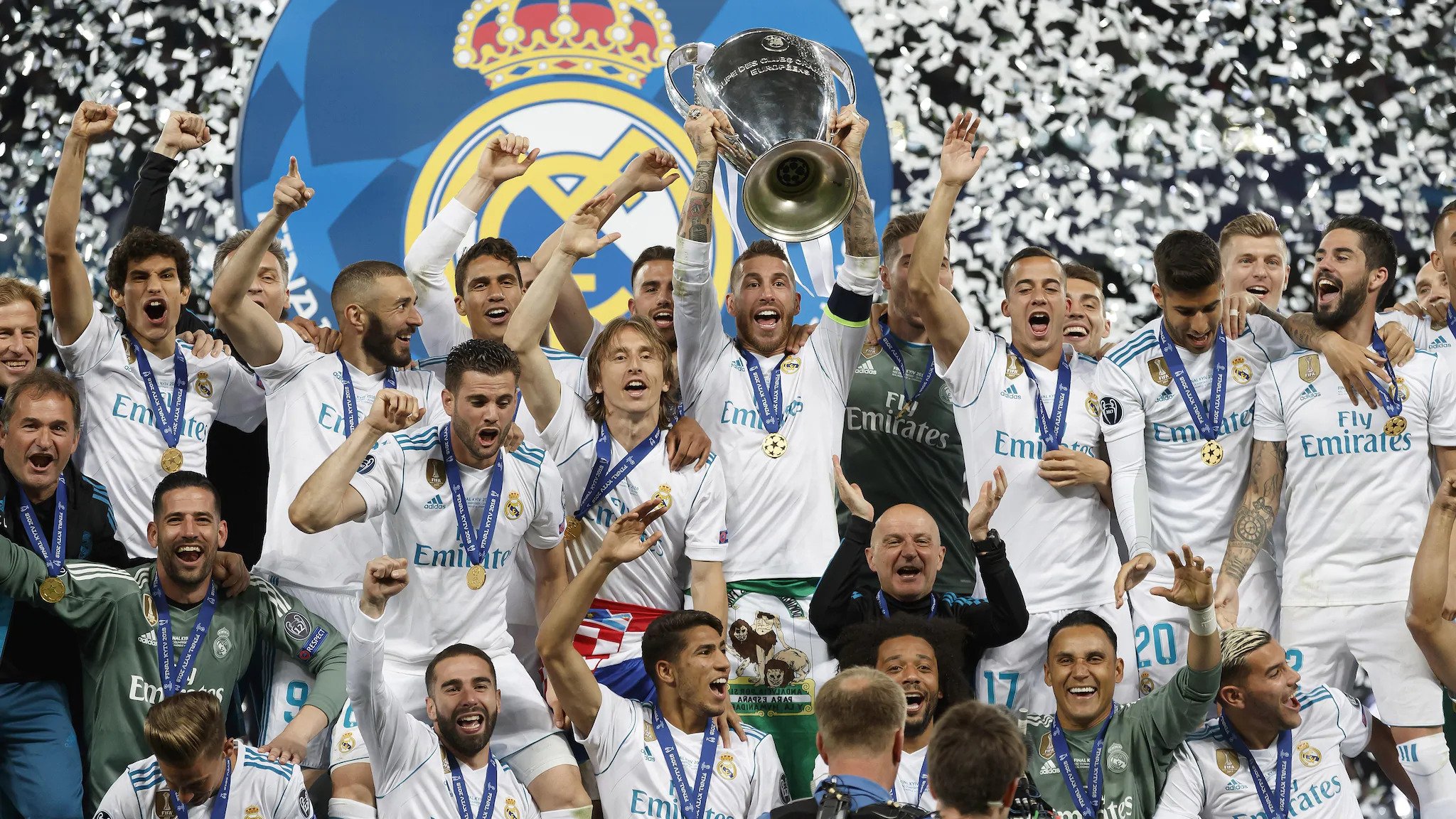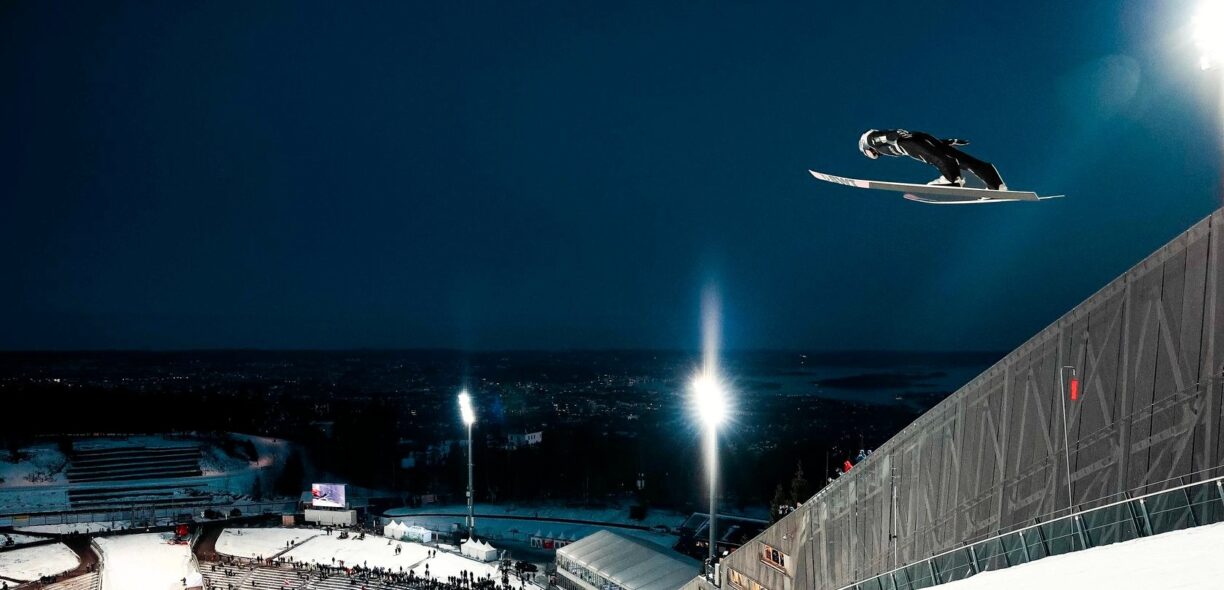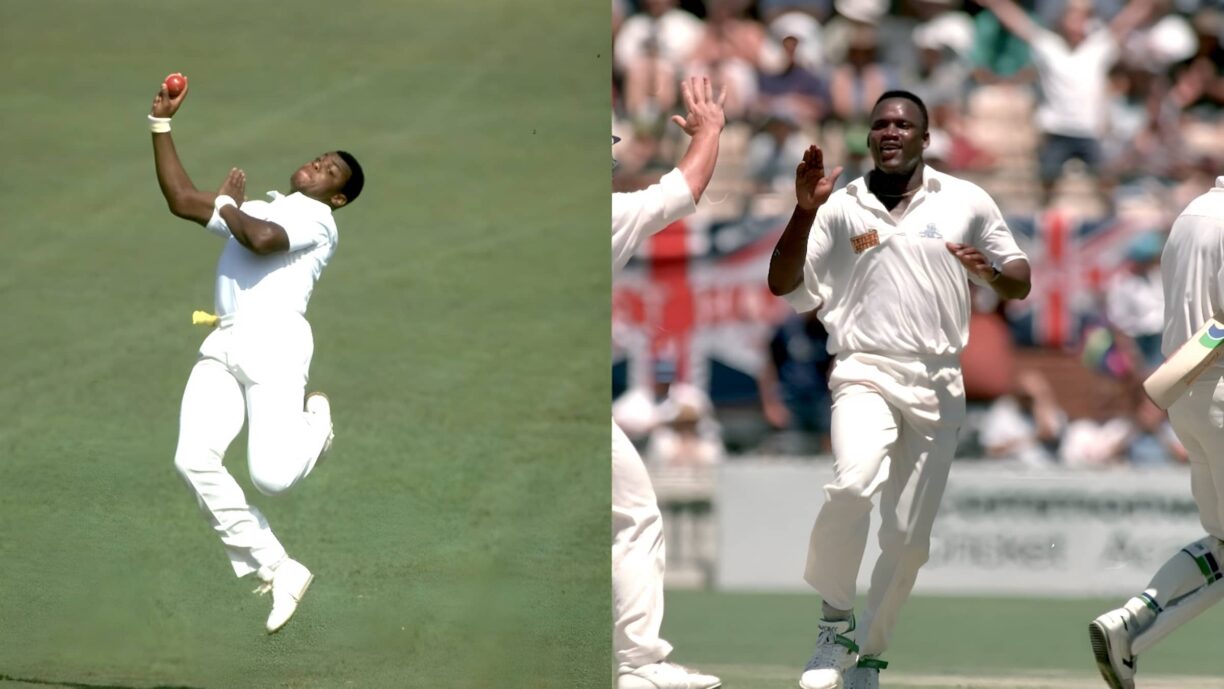The UEFA Champions League returns for the 2020/21 campaign this week, the group stage featuring 32 teams from across Europe.
The competition, originally called the European Champion Clubs’ Cup, celebrated its 65th birthday this year, and as we look forward to hearing its iconic anthem once again, we look back at how its formation took shape, which teams competed in that first edition and some of the incredible records that have been set over the past six-and-a-half decades.
How did the UEFA Champions League come to be?
The original idea of organising a European competition for clubs came from the renowned French daily sports newspaper L’Equipe and its editor Gabriel Hanot, a former footballer who won 12 caps for France between 1908 and 1919 before turning to journalism.
Inspired by what they had seen in South America, Hanot and journalist Jacques Ferran campaigned vigorously for a competition for European club teams throughout the 1950s. Their original blueprint envisaged 16 clubs from 16 different countries – not necessarily champions at this time – playing ties on a home-and-away basis, with the team scoring the highest goal aggregate qualifying for the next round.
UEFA had been formed in 1954, and discussions between the newspaper, governing body and club representatives led to the blueprint being accepted, an organising committee being set up, and FIFA approving the project in May 1955.
UEFA deemed that each club would keep its home-match receipts and bear the organisation costs, as well as those of the referees – travel and accommodation, and a daily allowance of 25 Swiss francs.
Which teams competed in the first ever European Champion Clubs’ Cup?
AGF Aarhus (Denmark)
RSC Anderlecht (Belgium)
Djurgårdens IF (Sweden)
SC Rot-Weiss Essen (Germany)
Gwardia Warszawa (Poland)
Hibernian FC (Scotland)
AC Milan (Italy)
MTK Budapest (Hungary)
FK Partizan (Yugoslavia)
PSV Eindhoven (Netherlands)
SK Rapid Wien (Austria)
Real Madrid CF (Spain)
Stade de Reims (France)
1. FC Saarbrücken (Saarland)
Servette FC (Switzerland)
Sporting Clube de Portugal (Portugal)
A showcase for the best of the best
Real Madrid became the competition’s first winners when they defeated French champions Reims in Paris in June 1956 and would go on to triumph in the first five editions of the competition.
Their dominance did nothing to dampen European football’s appetite, however, and champions would emerge from Portugal, Italy, Scotland, England, the Netherlands and Germany over the next 15 years, with both Ajax and FC Bayern München lifting three titles in a row in the 1970s.
By this time, tweaks to the format had created a preliminary round for champions from smaller nations, the expansion from 16 to 32 teams in 1968, and the away goals rule and a penalty shoot-out, if required, had replaced play-offs and coin tosses in deciding drawn ties.
Between 1977 and 1982, English teams dominated with six successive victories – three for Liverpool, two for Nottingham Forest and one from Aston Villa.
The competition’s biggest change would come in the early 1990s. With the European Cup having introduced a group stage format for the first time in 1991/92 , the format continued with the birth of the UEFA Champions League for the following campaign.
Since then, 141 clubs have taken part in the group stage, with four new teams – Rennes, Midtjylland, İstanbul Başakşehir and Ferencváros – set to join them this season for the first time, in what is undoubtedly the most prestigious of sporting club competitions.
Legendary teams, superb footballers and brilliant coaches have left their mark on European football, and the competition’s annals have provided an endless catalogue of memorable matches, marvellous goals and unforgettable individual displays for us all to savour. Long may it continue.
Read the full story on the creation of the European Champion Clubs’ Cup
The trophy
The original trophy was permanently awarded to Real Madrid, then six-time winners and reigning champions, after their victory in 1966.
The current UEFA Champions League trophy stands 73.5cm tall, weighs 7.5kg and is the fifth version of the existing design. It was commissioned by UEFA General Secretary Hans Bangerter after Real Madrid were allowed to keep the original, and designed and made in Bern, Switzerland.
A rule introduced in 1968/69 stipulated that the cup becomes the property of any club who win the competition five times or three years in a row. Real Madrid, Ajax, Bayern München, Milan, Liverpool and Barcelona all have a version in their trophy rooms, but the rule was changed ahead of 2008/09, with the original trophy remaining with UEFA and the clubs awarded a replica.
History and records
Ever since that first match on 4 September 1955 (a 3-3 draw between Sporting Clube de Portugal and FK Partizan), new records have continued to be set year on year.
The 2020 winners Bayern sit joint third with Liverpool on the all-time winners list with six triumphs. Real Madrid top the pile with 13, while AC Milan sit second with seven.
Match-winner Kingsley Coman headed his first UEFA Champions League final goal in Lisbon in August. He has some way to go to match the seven apiece scored by Alfredo Di Stéfano and Ferenc Puskás of Real Madrid, with Cristiano Ronaldo’s four for Manchester United and Real Madrid the highest in the UEFA Champions League era.
At 19, Bayern’s Alphonso Davies became one of the competition’s youngest champions two months ago, but even he must feel old compared to Ajax pair Nwankwo Kanu and Patrick Kluivert, who were each 18 when the Dutch side lifted the trophy in 1995. At 38, Paolo Maldini is the competition’s oldest winner, captaining Milan to glory in 2007.
The UEFA Champions League Statistics Handbook provides a comprehensive overview of all the records, stats and history you could imagine.
The competition hasn’t just seen records set on the pitch – in 2019, the final became the first sporting event to achieve more than one billion social media interactions, cementing its place as the world’s biggest annual sporting event.
What is planned for the 2020/21 edition of the UEFA Champions League?
The final is scheduled to take place in Istanbul at the Atatürk Olympic Stadium on 29 May 2021. Everything you need to know about this season’s competition is here.





